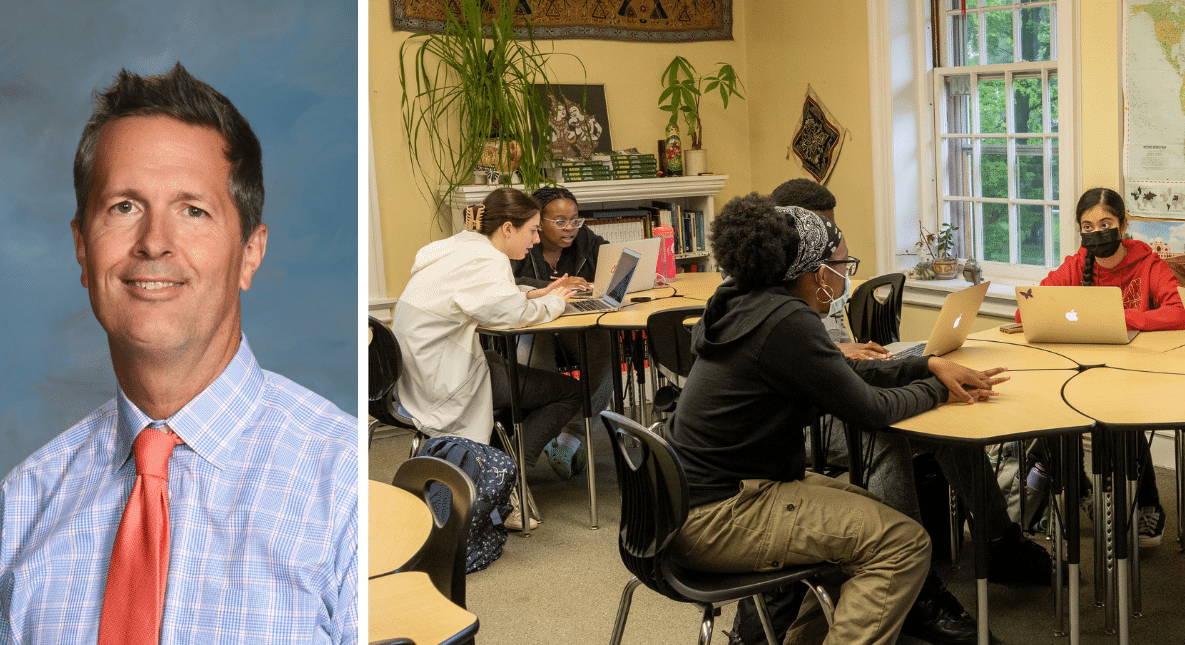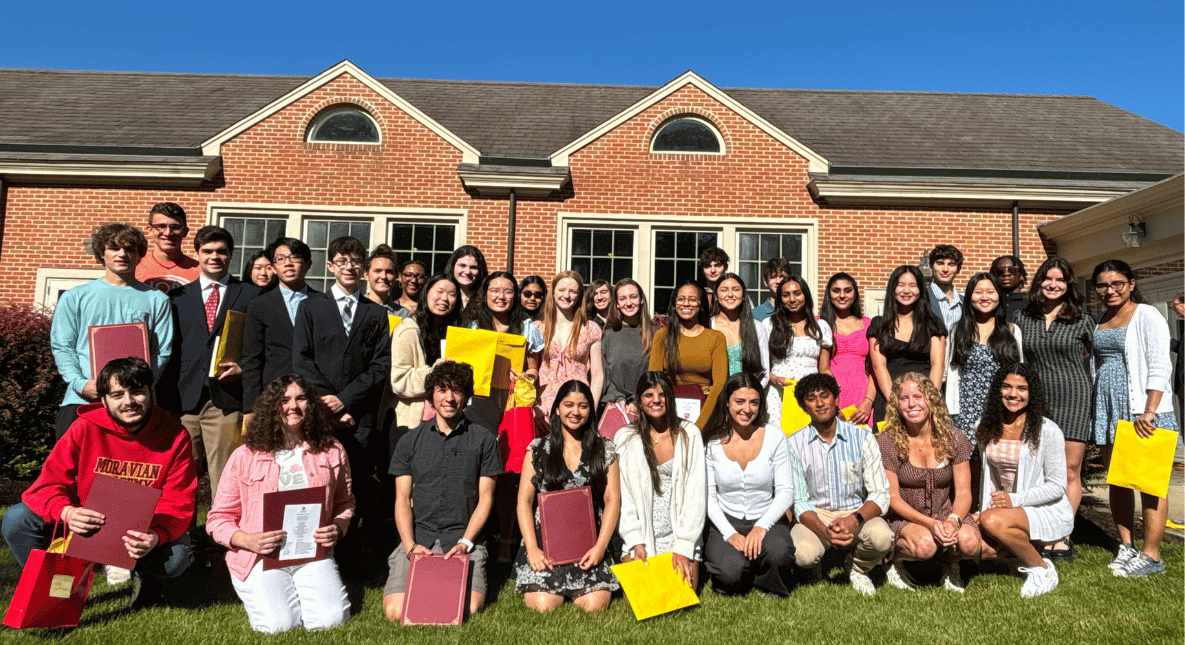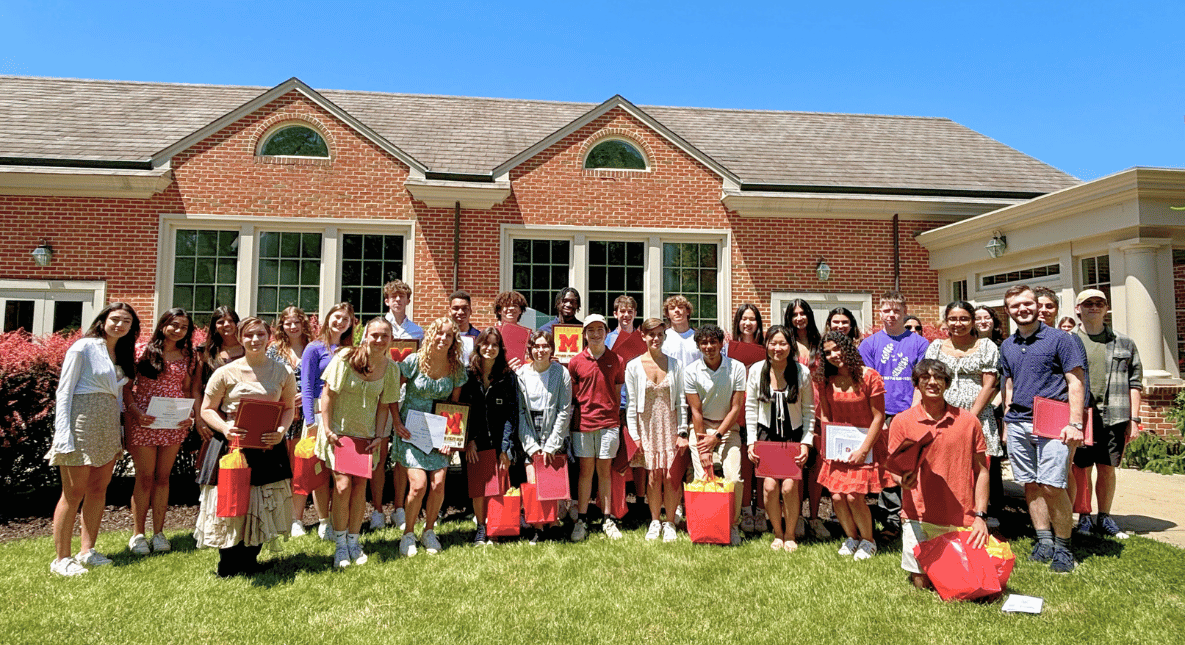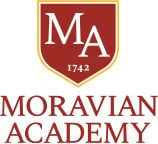Student-Directed Learning, Choice, and Research in History & Social Sciences
The History and Social Sciences department encourages students to develop and apply critical thinking skills to better understand the present and what the future may hold.
Specifically, students learn to recognize, analyze, and assess change, as well as patterns, that are not only significant but also relevant to their lives.
In addition to these objectives, our department also believes strongly in student-directed learning and choice, grounded in research. For instance, in the ninth-grade World History course, each unit culminates in a project in which students choose a regional case study to investigate and analyze. In tenth grade, the World History course follows this same pattern, including student exploration of a case study that enhances their understanding of the unit.
For example, in the Interactions Unit, students research the environmental, social and political impact of a historically relevant commodity. In eleventh grade, students in the AP U.S. History course will choose a year to encapsulate by creating a yearbook that features its political and cultural significance, while students in U.S. History will create a memorial of a historical event, issue, or character that they believe has been misrepresented or underrepresented as a culminating project. In the senior elective, Microeconomics, students will devise an economic question and present their research and analysis in a podcast. Finally, in the new research and methodology senior elective, Hands On History, students can craft their own research project related to a topic that piqued their interest in their other history courses.
At the end of their time at the Upper School, the department hopes that by providing students with choice, critical thinking skills, and opportunities to apply these skills to research and argumentation, they will recognize the relevance and value these courses possess beyond the study of history and become more empathetic global citizens in a dynamic world. Specifically, by challenging notions of “normalcy” or understanding the differences and development of past societies, students will gain a greater appreciation for diverse human experiences in the present and future.


 myMA
myMA



.png)







